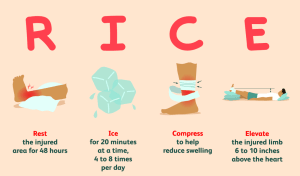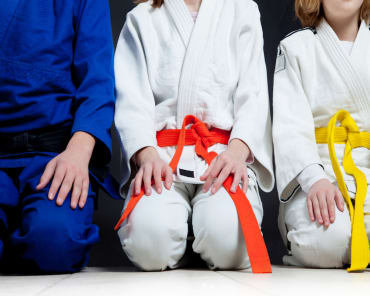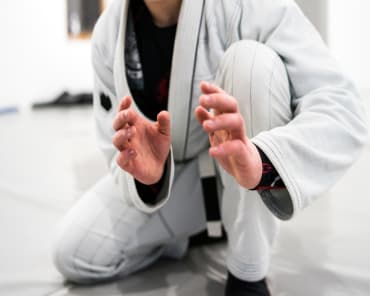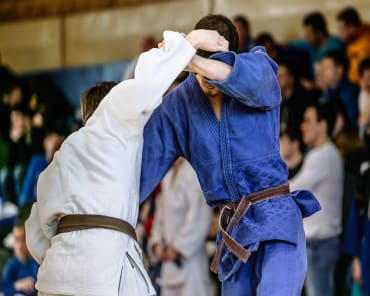
In Brazilian Jiu-Jitsu (BJJ), injuries can occur due to the physical nature of the sport. While injuries are sometimes inevitable, understanding how to recover properly is crucial for returning to the mats safely and effectively. Here are some tips and strategies for recovering from BJJ injuries.
Acknowledge and Assess the Injury
The first step in recovering from an injury is acknowledging it. Ignoring pain or pushing through an injury can lead to more severe damage. Assess the injury's severity and seek medical advice if necessary. A healthcare professional can provide an accurate diagnosis and recommend an appropriate treatment plan.
Follow the RICE Protocol
For many common injuries, the RICE protocol (Rest, Ice, Compression, Elevation) is a good starting point for immediate care:
- Rest: Give your body time to heal. Avoid activities that stress the injured area.
- Ice: Apply ice to reduce swelling and numb pain. Use an ice pack for 15-20 minutes every few hours during the first 48 hours after the injury.
- Compression: Use a compression bandage to help control swelling.
- Elevation: Elevate the injured area above heart level to reduce swelling.
Seek Professional Treatment
For more severe injuries, professional treatment may be necessary. Physical therapy can help restore function and strength to the injured area. A physical therapist can design a personalized rehabilitation program to facilitate a safe and effective recovery. Additionally, consult a physician or orthopedic specialist if the injury involves bones, joints, or severe muscle damage.
Gradual Return to Training
Returning to training too soon can lead to re-injury. Follow a gradual return-to-training plan recommended by your healthcare provider or coach. Start with light activities and progressively increase intensity as your body heals. Focus on maintaining overall fitness with low-impact exercises that don't strain the injured area.
Listen to Your Body
Your body provides signals when it's ready to return to training or when it needs more rest. Pay attention to these signals and avoid pushing through pain. If you experience discomfort or a worsening of symptoms, take a step back and reassess your recovery plan.
Stay Mentally Engaged
Being sidelined by an injury can be frustrating, but staying mentally engaged with BJJ can aid your recovery. Attend classes as an observer, study techniques, and visualize your movements. This mental engagement keeps your skills sharp and helps maintain your connection to the sport.
Focus on Nutrition and Hydration
Proper nutrition and hydration play a significant role in the healing process. Consume a balanced diet rich in vitamins, minerals, and protein to support tissue repair and recovery. Staying hydrated helps maintain overall health and aids in the healing process.
Use Mobility and Stretching Exercises
Once the acute phase of the injury has passed, incorporating mobility and stretching exercises can help restore range of motion and prevent stiffness. Gentle, controlled movements and stretches can enhance flexibility and promote healing. Consult with a physical therapist or coach for appropriate exercises.
Prevent Future Injuries
Preventing future injuries is as important as recovering from the current one. Focus on proper technique, adequate warm-ups, and strength training to build resilience. Listen to your body and take rest days when needed. Communication with your training partners about any pre-existing conditions can also help avoid unnecessary risks.
Conclusion
Recovering from a Jiu-Jitsu injury requires a combination of immediate care, professional treatment, gradual return to training, and preventive measures. By following these tips and strategies, you can ensure a safe and effective recovery, allowing you to return to the mats stronger and more resilient. Remember, the key to successful recovery is patience, discipline, and a proactive approach to injury management.






